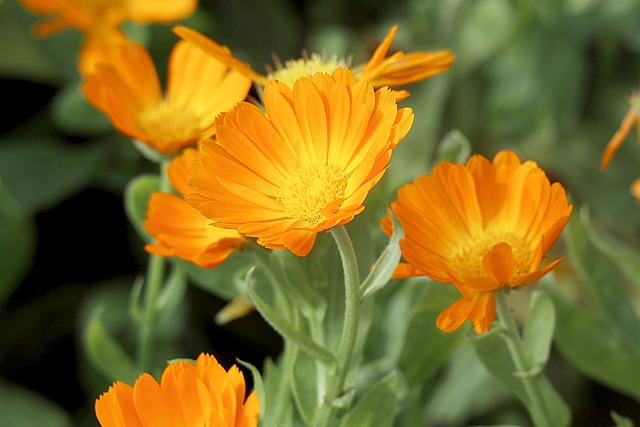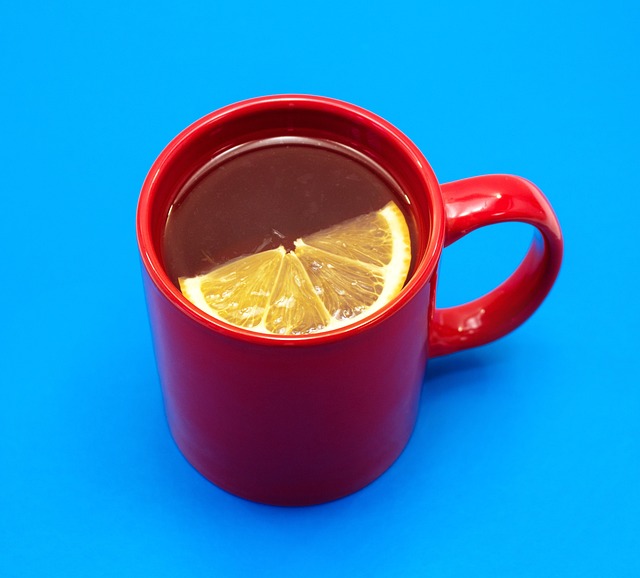Elderberry is one of the herbs that not only helps remove toxins from the body, but also helps with weight loss. This is due to its chlorogenic acid. It also contains rutin, which strengthens the elasticity of blood vessels. And it supports the circulatory system. The fruits and flowers of the shrub as well as the wild ones have healing properties. But nowadays they can also be found in many gardens. Elderberry has strong diuretic properties, making it useful for treating rheumatism and reducing swelling. During the winter months, the mixed tea is drunk when one catches a cold. The flowers can be dried at harvest and stored in a dry, dark place. Elderflower syrup also works well in winter. So does elderflower vinegar.

In folk medicine, garden parsley is a great aid to digestion and relieves inflammation in the body. It can also be used to make a medicinal brew when water retention in the body needs to be addressed. Pick 10 sprigs of parsley, add 2 tablespoons of vinegar, and cook quickly over low heat in 1 liter of natural wine. Then let cool and seal tightly in a clean container. If desired, take 1/2 deciliter after eating. Garden parsley is also a first aid treatment for mosquito bites. Crushing the leaves directly on the affected area can relieve itching.

Gynostemma gonostemma is called long-lived herb and is often found under the name ginseng gonostemma. Its great advantage is that it can be grown at home in potted plants. Since it is a climber, the leaves can be grown on a balcony. It is effective for many health problems. It relieves stress, lowers blood pressure, corrects bad cholesterol, maintains sugar levels, and helps regenerate the liver if used long term. Most commonly, five-leaf guinostemma is added raw to vegetable salads or on sandwiches. During the winter months, dried leaves can be used in blended teas. The advantage is that they can be used a second time after drying. The flavor will be stronger and the effect more potent. Try it and you will be amazed at its beneficial effects.